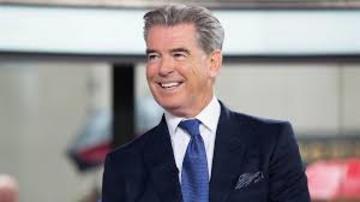Chiron
Greek Mythology | Character
In Greek mythology, Chiron (also Cheiron or Kheiron; Greek: Χείρων "hand") was held to be the superlative centaur amongst his brethren, as he was called as the "wisest and justest of all the centaurs".
Chiron was notable throughout Greek mythology for his youth-nurturing nature. His personal skills tend to match those of Apollo, his foster father (sometimes along with Artemis): medicine, music, archery, hunting, gymnastics, and the art of prophecy. Chiron was known for his knowledge and skill with medicine and thus, was credited with the discovery of botany and pharmacy, the science of herbs and medicine.
Subject ID: 85187
MoreIn Greek mythology, Chiron (also Cheiron or Kheiron; Greek: Χείρων "hand") was held to be the superlative centaur amongst his brethren, as he was called as the "wisest and justest of all the centaurs".
Chiron was notable throughout Greek mythology for his youth-nurturing nature. His personal skills tend to match those of Apollo, his foster father (sometimes along with Artemis): medicine, music, archery, hunting, gymnastics, and the art of prophecy. Chiron was known for his knowledge and skill with medicine and thus, was credited with the discovery of botany and pharmacy, the science of herbs and medicine.
Like satyrs, centaurs were notorious for being wild, lusty, overly indulgent drinkers and carousers, violent when intoxicated, and generally uncultured delinquents. Chiron, by contrast, was intelligent, civilized and kind, because he was not related directly to the other centaurs due to his parentage. He was the son of the Titan Cronus and the Oceanid Philyra.
Subject ID: 85187
Subject ID: 85187

